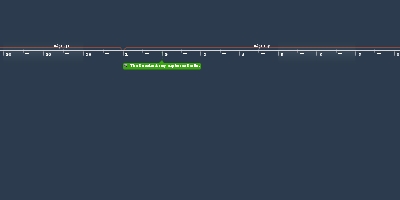jan 1, 1962 - The Prague Spring
Description:
The Prague Spring was a period of political liberalization and cultural renaissance in Czechoslovakia that began in January 1968 and ended abruptly in August of the same year. The period was marked by a relaxation of state control and censorship, and the emergence of political reforms aimed at creating "socialism with a human face." The reforms were led by Alexander Dubček, who became the First Secretary of the Czechoslovak Communist Party in January 1968. Dubcek's reforms included greater political freedom, decentralization of power, and an end to censorship. Dubcek's program of reform, known as "socialism with a human face," aimed to create a more democratic and humane version of socialism, one that respected civil liberties and allowed for greater individual freedom.The reforms were initially popular with the Czechoslovak people, but they were met with resistance from other Communist Party leaders in the Soviet Union and other Eastern European countries. In August 1968, Soviet tanks rolled into Prague, and the reforms were crushed. Dubček was arrested and replaced by a hardline Communist government, and the period of liberalization came to an end.
The Prague Spring was a significant moment in the history of Eastern Europe and the Cold War. It demonstrated the limits of reform within the Communist system and the willingness of the Soviet Union to use military force to suppress dissent. It also inspired a generation of dissidents and reformers throughout the region.
Prague Spring Begins in Czechoslovakia - History. https://www.history.com/this-day-in-history/prague-spring-begins-in-czechoslovakia.
Added to timeline:
Date:
jan 1, 1962
Now
~ 63 years ago
